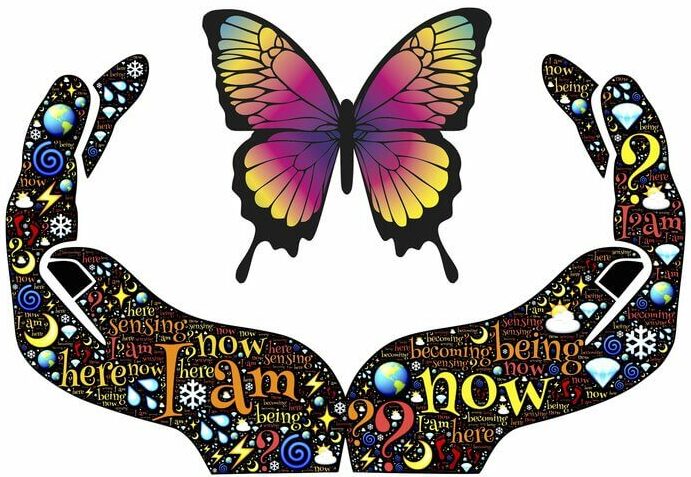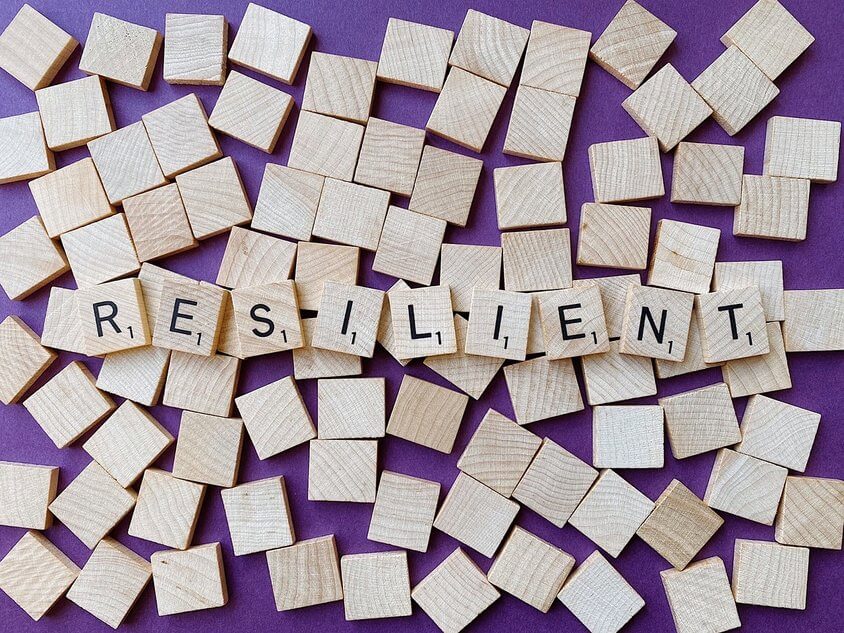In the path of personal transformation, emotional resilience is a must. It’s an essential skill that can shape your approach to life’s challenges. It enables you to adapt and thrive under tough circumstances.
It’s also vital for stress management and personal growth. And, it allows you to maintain balance and peace of mind amid chaos.
Emotional resilience isn’t a static quality that you’re born with or lack. You can learn it and develop it through thoughts and actions.
In the context of personal development, emotional resilience is vital for mastering your emotions. It’s the steadying force that keeps you pushing forward. Plus, it helps you build the emotional skills that prepare you for future challenges.
This blog post is for the dynamic women out there seeking concrete approaches to build their emotional strength.
Related article: Empower Yourself: How to Master Your Emotions for a Fulfilling Life
3 Strategies to Cultivate Emotional Resilience
We now have a deeper appreciation for what emotional resilience is. It’s time to look at how we can cultivate it.
In this section, we’ll delve into three great strategies aimed at cultivating emotional resilience.
#1. Develop Self-Awareness
Developing self-awareness is the foundational strategy in building emotional resilience. It involves cultivating a deep understanding of your thoughts, emotions, and behaviors. This enables you to recognize and interpret your emotional responses to various situations.
Why is self-awareness so crucial for emotional resilience? First, it allows you to identify the specific emotions you are experiencing. This is the first step in managing your emotions and understanding why you feel that way.
Furthermore, self-awareness helps recognize patterns in your emotional responses. For example, you might notice that certain events trigger disproportionate stress. Then you can address these triggers and prepare for such situations in the future.
Moreover, it empowers you to make informed choices about how to respond to your emotions. Instead of reacting impulsively, you learn to respond thoughtfully.
Like taking a moment to breathe when angry, or stepping back from a stressful situation to gain perspective.
In essence, developing self-awareness is about building a deeper relationship with yourself. It strengthens your ability to withstand and recover from emotional disturbances. Also, it paves the way for emotional growth, making you more resilient.
Related article: The Journey to Self-Awareness: 6 Steps to Discovering Your True Identity

#2. Emotional Resilience and Gratitude
Practicing gratitude has a profound impact on your emotional resilience. It involves focusing on the positive aspects of your life, rather than what you lack.
When you develop a habit of gratitude, you change your perspective on the challenges you face. It’s like switching from a lens that sees problems to one that spots opportunities and blessings. Gratitude enriches emotional resilience by fostering a positive mental state.
This means you approach difficulties with appreciation for the good, making the bad seem more manageable. For instance, after a tough day at work, recognizing the comfort of coming home can uplift your spirits and reduce your stress.
Moreover, gratitude brings greater flexibility and openness to change. You trust that, no matter what changes come your way, there are always aspects of your life to be thankful for. This trust can make you more adaptable and less anxious about new situations.
By appreciating where you are in your life’s journey, you become more willing to navigate the unknown. This flexibility is vital for thriving in the face of life’s constant shifts.
So, how can you start incorporating gratitude into your daily routine? It can be as simple as taking a moment before meals to reflect on the good things that happened that day.
Even small practices can work. They can make you more resilient, content, and optimistic about life.
Related article: The Beginner’s Guide to Gratitude: How It Can Help You Live a Happier, More Fulfilling Life

#3. Learn from failures and setbacks
Viewing failures as opportunities to grow is a great strategy for building emotional resilience.
When things don’t go as planned, it’s easy to feel defeated, or to let frustration cloud your judgment. But, realizing that failures are not the end can alter your approach to challenges.
When you learn from your setbacks, you become more prepared for future obstacles. It’s not only about picking yourself up after you fall. It involves analyzing what went wrong and how you can improve next time. By doing so, you enhance your problem-solving skills and build a stronger belief in your ability to overcome adversity.
Furthermore, learning from failure develops humility and patience. It teaches you that progress often comes with setbacks, and that each failure brings you closer to your goals.
So, the next time you face a setback, take a deep breath and ask yourself, “What can I learn from this?” Remember, it’s not about never failing; it’s about not letting failure define you.
Maintain Physical Health to Improve Emotional Resilience
It is well known that there’s a connection between mind and body. That’s why exercise, diet, and sleep are essential for your emotional resilience and mental health.
Exercise, beyond its physical benefits, acts as a powerful stress-reliever and mood booster. It can ease symptoms of stress, leaving you feeling more energized. Plus, physical activity fosters a sense of achievement and improves self-esteem. This makes it an effective strategy in building emotional resilience.
Check out this article by The Washington Post. It mentions different studies that show how physical exercise improves your resilience.
A balanced diet is equally important. Nutrient-rich foods support brain health, regulate mood, and fuel your body’s functions. They give you the energy and brain power needed to face challenges.
Moreover, quality sleep is essential for emotional regulation, psychological recovery, and resilience. During sleep, your brain processes information from the day, while your body repairs itself. Lack of sleep can impair mood, cognitive abilities, and stress tolerance. This makes it a lot harder to manage emotional challenges.
In essence, take care of your physical health. You’ll increase your well-being and strengthen your emotional resilience.

In Conclusion
To conclude, emotional resilience is a skill that you can develop over time.
It’s a process that requires commitment and introspection. And, it involves a willingness to embrace change and growth.
You can build it by improving your self-awareness, practicing gratitude, and learning from failures. Do your best to integrate these practices into your daily life as habits.
Remember, resilience is about bouncing back stronger and wiser each time you face setbacks. So, as you continue on your path, trust in your ability to overcome whatever obstacles come your way.


0 Comments